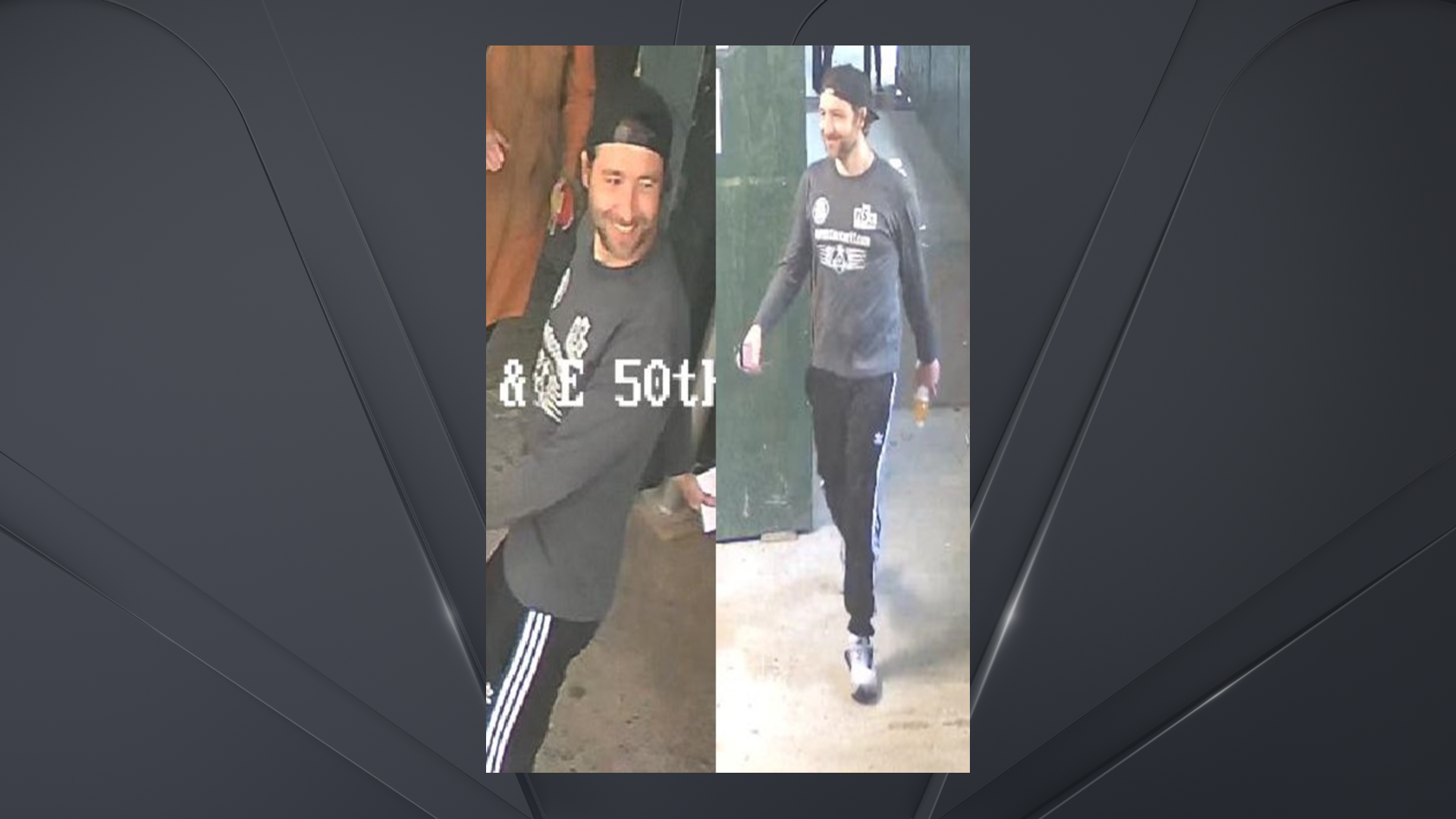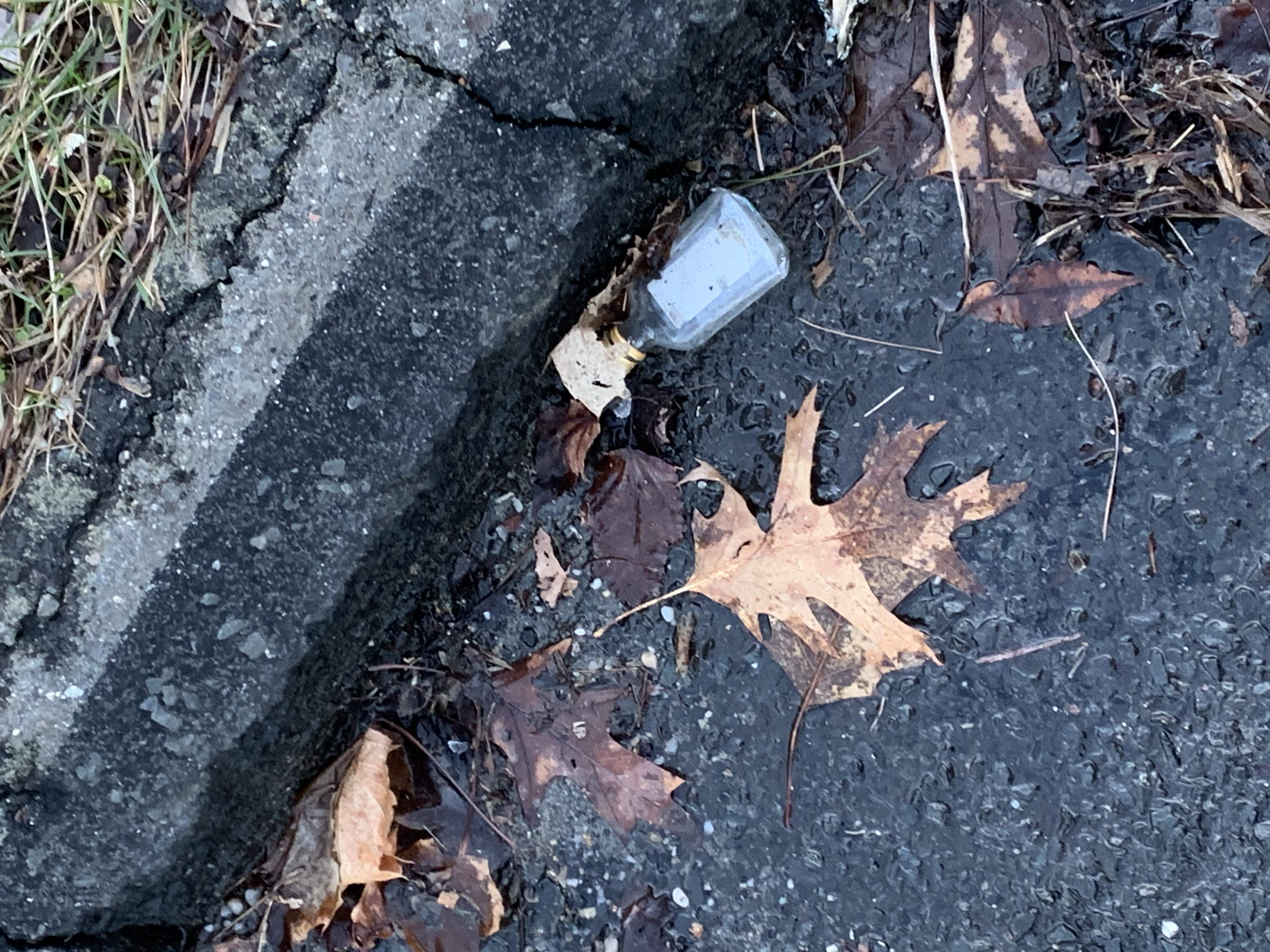Voter turnout in New York City's primary elections is often tragically low but it doesn't mean these races are unimportant. In fact, local elections like the one on Tuesday have the most impact on voters' everyday lives.
On June 27, New Yorkers who are registered to vote will get to choose their preferences for City Council members and district attorneys. Because New York uses a closed primary, only registered party members can cast their ballot.
Here's what to know before you head to the polls:
Where do I vote?
Get Tri-state area news and weather forecasts to your inbox. Sign up for NBC New York newsletters.
New York registered voters can use THIS TOOL to look up their polling place.
Since COVID-19, New York has made it so everyone in the state can request an absentee ballot. The deadline to request an absentee ballot application by letter, telefax, or through the absentee request portal has passed. But if you can't make it to the polls on Tuesday, Monday, June 26, is the last day to apply in-person for an absentee ballot.
Tuesday is also the deadline to postmark your absentee ballot, or deliver it to a poll site in your county in person.
Local
What's on my ballot?
City Council
New York City residents will have to use ranked-choice voting to select their city council members in order of preference. There are 51 districts across five boroughs and an elected council member will represent their district by introducing and voting on legislation such as whether to make outdoor dining seasonal, or whether the city can use vacant hotels to house migrants.
New York City Council terms are normally for four years, but because of a quirk in the New York City charter, the City Council races in 2021 and 2023 year are for two-year terms only. The election to four-year City Council terms will resume in 2025.
One of the top races to watch out for is in central Harlem. Three Democrats are facing off to replace 9th District City Council member Kristin Richardson Jordan, a first-term incumbent who announced in May she would not seek reelection after narrowly winning the seat in 2021, but her name is still on the ballot. Vying to replace her are state Assembly members Inez Dickens and Al Taylor and criminal justice reform activist Yusef Salaam, who was one of five men convicted and later exonerated in the “Central Park Jogger” rape case.
District Attorneys
Bronx and Queens residents will get to vote in the District Attorney primary races, which will not use ranked-choice voting.
In the Bronx, incumbent District Attorney Darcel Clark seeks a third term. She faces a challenge from criminal defense and civil rights attorney Tess Cohen. In Queens, incumbent Melinda Katz seeks a second term as district attorney. The three-way primary also includes public defender Devian Daniels and former judge and former deputy police commissioner George Grasso. Both Clark and Katz are the first women to hold those positions.
Civil Court Judges
City court judges are elected to 10-year terms and they hear civil court matters up to $50,000, including landlord and tenant issues, and they also hear criminal matters like misdemeanors.
Delegates to the Judicial Convention and Alternates
New Yorkers will be voting for several representatives (the number will be dictated on the ballot) who will later vote to nominate judges to the NY State Supreme Court. Voters will get to vote on those judges in the general election. The judges selected will then appear on voter ballots in the general election and the winner serves a 14-year term.
For more information on what's on the ballot, the New York Public Library held an information session last week to inform New Yorkers:
What is ranked choice voting?
The method gives voters the option of ranking candidates on the ballot in order of their preference — one for their top choice, two for their second choice, and so on — rather than cast a single vote for one person.
If a candidate draws more than 50% of first-choice votes, they are declared the winner. If no candidate received a majority of the first-preference votes, the candidate with the fewest first-preference votes is eliminated. Ballots listing the eliminated candidate as the first-choice are then reallocated to whichever candidate was listed as the voters' second preference. This process continues until one candidate draws over 50% of the adjusted top votes.
The voting process is especially useful for avoiding costly runoff elections in crowded races where the winning candidate often fails to get more than 50% of the vote.
What if I'm not registered to vote?
In New York you can register to vote online - CLICK HERE for the online registration portal.
The registration deadline for the primary election has passed (June 17,) but you can register now to vote in the General Election in November.



